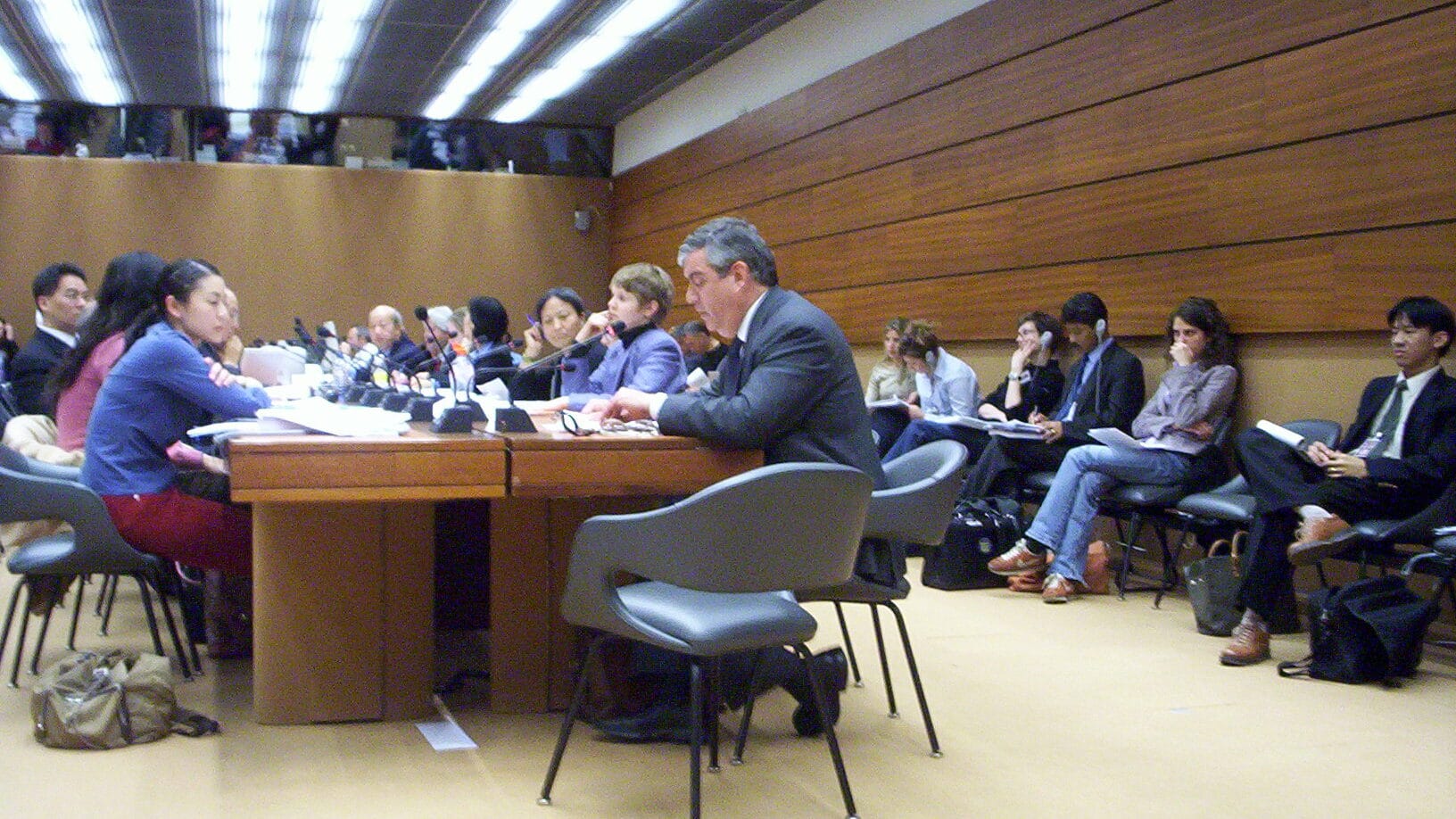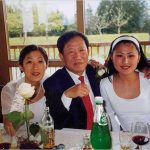John Kamm Remembers 1999 – Present:
Dui Hua Means Dialogue

As the world hurtled towards the new millennium, Kamm’s unique approaches to dialogue and advocacy were garnering attention after some prisoner releases. Fraught relations ushered in this period in Dui Hua’s history: the NATO bombing of the Chinese embassy in Belgrade and US-Sino spy plane standoff led to tensions and suspensions in dialogue.
The dynamic between the two powers changed as China became the largest US foreign creditor and the world’s second-largest economy. Having granted China Permanent Normal Trade Status in 2000, the United States began the 2010s with an attempted pivot towards Asia after a decade waging the “war on terror.” Amongst rising trade tensions, changes in leadership, and new expectations, both powers reckoned with a changing relationship.
The Dui Hua Foundation was officially established in this era, with the foundation registering as a nonprofit in 1999. The foundation’s efforts yielded crowning achievements — Kamm’s work continued to contribute to the release of prisoners, achievements were covered in the press and honored by the White House — and devastating losses. Dui Hua also grew its reach and focus by expanding its program areas, opening another office, and taking its advocacy to international institutions.












